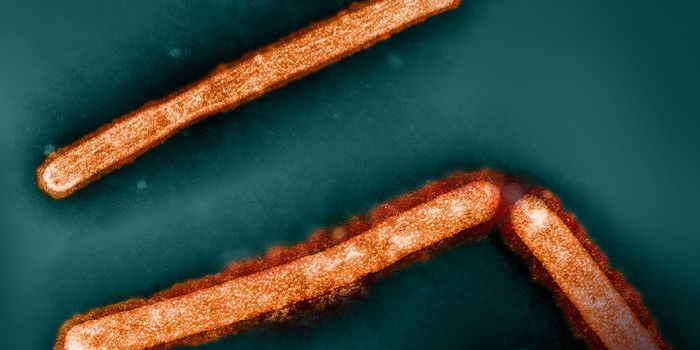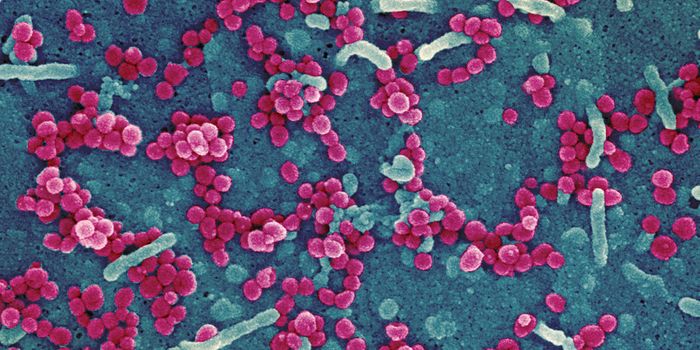Understanding How the Gut Microbiome is Affected by Temperature
The gut microbiome has become an area of intense research focus in recent years. Genomic tools have enabled scientists to assess the microbial species in the guts of many different people and research models, giving us unprecedented insight into the complex and close connection we have to the microbes we carry. Gut microbes affect our health and well-being, and our behaviors, like the food we eat and how much exercise we do, can affect them.
Temperature can have a huge influence on biological processes and organisms. Though mice and primates have a core body temperature around 37°C, some animals can tolerate much higher or lower temperatures. When animals enter different states associated with temperature changes, like torpor or hibernation, their microbiome often changes too.
The growth of most microbes is highly dependent on temperature. We already know that body temperature has a direct impact on the growth and virulence of pathogens that infect the gut. Scientists have now reviewed what researchers have learned about the various ways that host body temperature may influence the normal microbial communities in the gut.
In humans, mice, and other animals, there are a whole suite of genes that become active when it's too hot or too cold; they involve heat shock and cold shock proteins. Microbial organisms also activate various genes when they are exposed to different temperatures, which can change apsects of their biology such as their metabolism, or growth, for example.
Many bacterial pathogens can easily grow at a range of temperatures, and research has indicated that some even increase the activity of their virulence genes when temperature increases. But the researchers noted that we don't know nearly as much about how normal gut microbes are affected by different host body temperatures. For many of those species, we simply don't know whether they will tolerate heat. One problem is that it's already difficult to grow these microorganisms in the laboratory, much less test their limits. It's very possible, however, even likely, that body temperature could be having a significant effect on the gut microbiome.
The researchers also noted that we know that body temperature can have an indirect impact on the gut microbiome by changing our appetite or immune responses - temperature is known to affect immune system activity.
Stability and diversity are thought to be indicators of positive health in the microbiome, and in animals, cold and high temperature stresses have been associated with a loss of both. This may indicate that gut microbes are adapted to a preferred temperature, the study authors suggested.
Much more work will be needed to understand how the gut microbiome and temperature are related.









